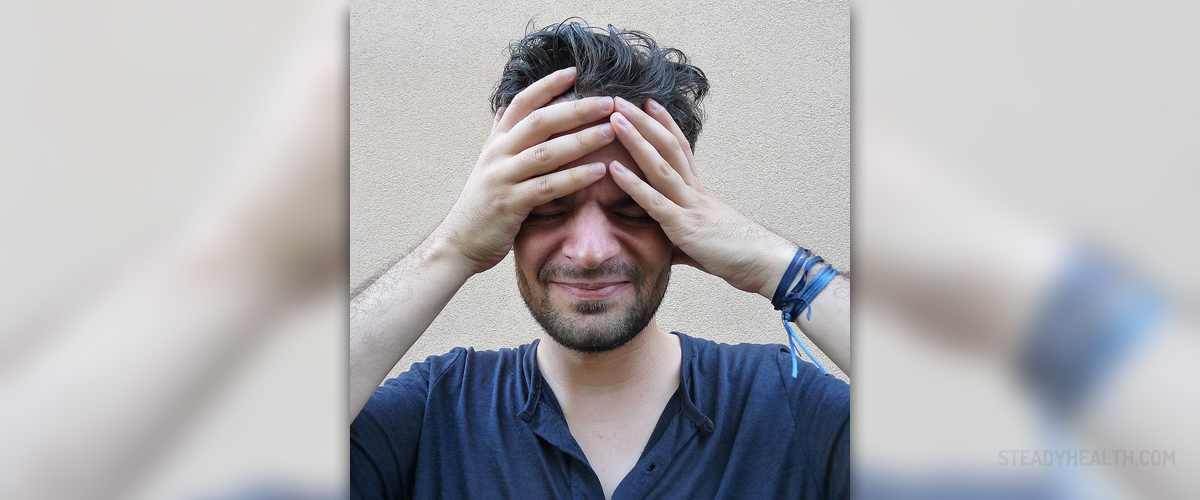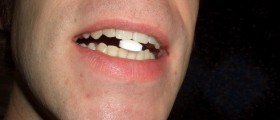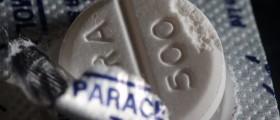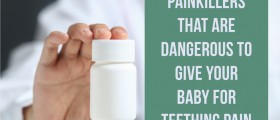
Rebound headaches are also known as medication overuse headaches. As the name already suggests, these headaches occur when analgesics are taken frequently to relieve headaches. This type of headache is quite common and it manifests as a persistent, reoccurring headache that comes back no matter what a patient does to get a relief. Rebound headache usually occurs every day, almost as a chronic health condition. The painkiller usually alleviates the pain for a while, but after a couple of hours the pain starts coming back. Rebound headaches have the same regular pattern that may last for a couple of days, weeks and even months. Any attempt to cure the headache with a common painkiller will actually make it worse.
Cause of rebound headaches
The most commonly used painkillers are for most of us available over-the-counter. These include medications such as acetaminophen (Tylenol), ibuprofen (Motrin), Aspirin, or pain-relieving drugs containing caffeine. The rebound headaches are resulting from the overuse or misuse of pain relievers. What actually happens is that the body starts get used to the drugs and the painkillers are starting to become less effective. When the pain medication wears off, the patient experiences a withdrawal reaction and another strong headache, accompanied with the desire to take more medication. The body that once got used to painkillers, literally starts craving the drugs, making the whole complex condition even worse.
Drugs that cause rebound headaches
Most frequently, rebound headaches occur in patients who are consuming “mixed analgesics”, or drugs that include combinations of caffeine, Aspirin and acetaminophen. The overuse obstructs the brain centers that regulate the flow of pain messages to the nerves, worsening the headache pain. Many other commonly used painkillers may cause rebound headaches, for example: Aspirin, sinus relief medications, sedatives for sleep, prescription narcotics, ergotamine preparations or combination pain relievers.
Prevention and treatment
Any person with a history of tension headaches, migraines or transformed migraines is at increased risk of rebound headaches. To prevent rebound headaches from occurring, a person should strictly follow doctors’ advices and always follow the label instructions for pain relievers. Treatment for rebound headaches is successful and attainable. The key to recovery is to stop with overuse of the medications. At the early onset of a treatment, patient will experience withdrawal symptoms and worsening of the headache. The crisis typically lasts from two to ten days. It is very important to treat rebound headaches under the professional superintendence, as abruptly discontinuing certain medications may have serious side effects.







,-Or-Ibuprofen-Which-Over-The-Counter-Painkiller-Should-You-Choose_f_280x120.jpg)








Your thoughts on this
Loading...